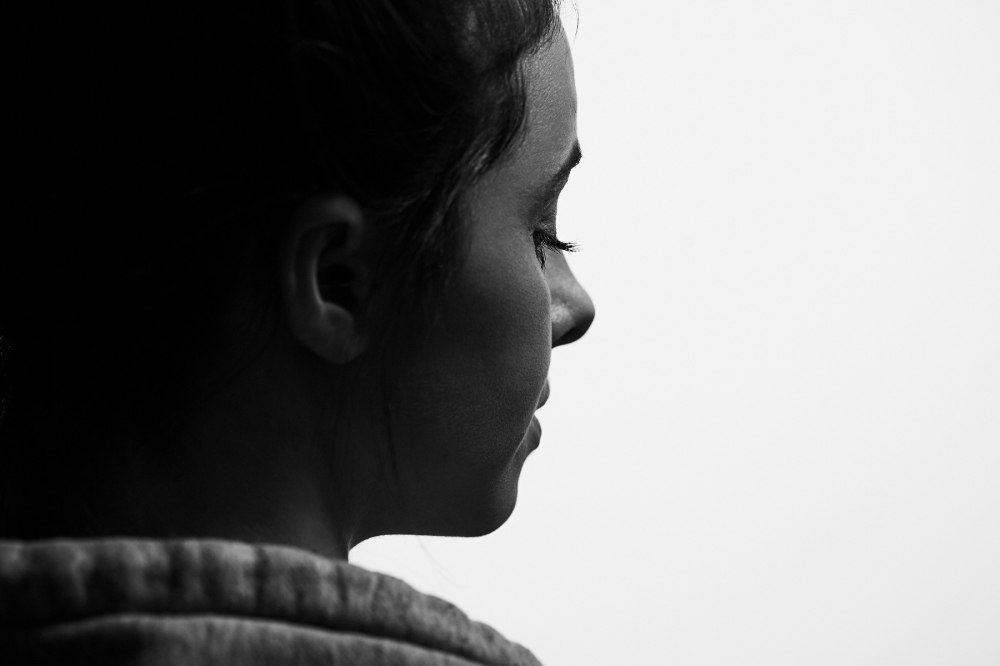Parents urged to talk to children about alcohol and mental health
During Mental Health Awareness Week, Balance is encouraging parents to talk to their children about the risks of alcohol and how it can affect their mental health.
Many parents know drinking increases the risks of accidents, injuries, smoking and drug taking, but are less aware of the damage alcohol can do to children’s developing brains, liver, bones and hormones, affecting their mood, their mental health and risking them falling behind at school.
If teenagers are moody and take risks it is often put down to their hormones. However, the truth is that much of their behaviour is because their brains continue to develop and change until they are into their mid-20s. If children drink alcohol before they reach adulthood this can change or delay the development of the logical, thoughtful part of their brains.
This is why the Chief Medical Officer (CMO)’s guidance recommends that an alcohol free childhood up to 18 is the healthiest and best option, and that if children do drink this should not be before age 15.
Drinking can leave children feeling tired, sluggish and not able to perform at their best at school. It is also linked to stress, depression and self-harming behaviour. According to research by the Mental Health Foundation, 50% of mental health problems are established before the age of 14, so it is important that young people are aware of the negative effects that alcohol can have on their mental health.
They may also be feeling under pressure if they are due to sit their GCSEs, A Levels or other exams, so it is a good time for parents to talk to children about keeping focused and staying positive during this stressful time.
Parents are encouraged to visit www.whatstheharm.co.uk to find out about the facts and the myths about children and alcohol, and how best to have a conversation about alcohol with their child.
Colin Shevills, Director of Balance, said: “Every parent wants the best for their child and we know it can be hard to know what to do when it comes to alcohol. Even though it may be a difficult conversation for parents to have with their children, young people need to be aware of the negative effects of alcohol including the impact it can have on their mental health.
“The Government also has a role to play to help parents know how to have those conversations about alcohol with their children. One in two parents in the North East believe that providing small amounts of alcohol in a supervised environment will make their children less curious and less likely to drink outside the home and we know that’s not true. In fact, young people who are given alcohol at home are also more likely to drink outside the home.
“More and more young people are choosing not to drink – they don’t see it as part of their lives – so parents should feel confident in saying no to alcohol until the age of 18. According to the Chief Medical Officer’s guidance, it’s the safest and healthiest thing to do.”
